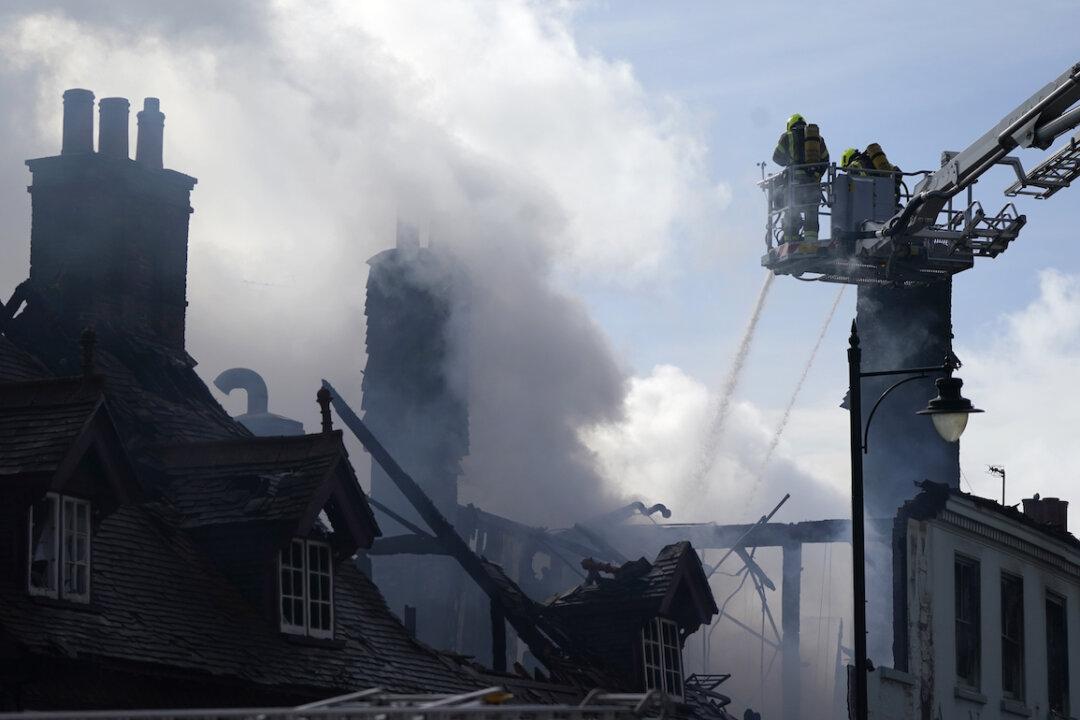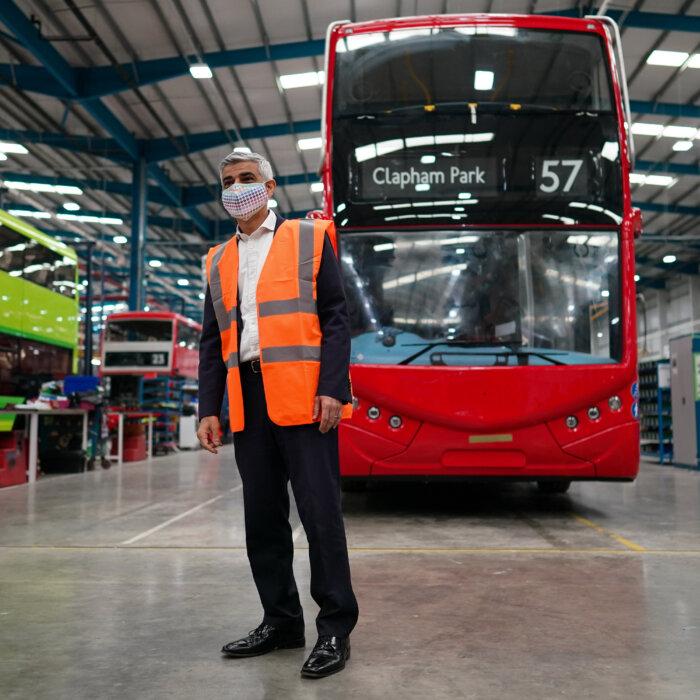Firefighters and campaigners are warning that discarded lithium-ion batteries in electronics are increasingly prevalent and causing fires.
Batteries hidden in electronics trigger fires when crushed in recycling centres, bins, and collection vehicles
The study by Material Focus, a not-for-profit organisation dedicated to reducing electronic waste, said that 1.6 billion batteries were discarded in the last year.
Dangerous
The National Fire Chiefs Council said that lithium-ion battery fires can be dangerous to the public, waste site workers and firefighters because of the risk of chemical exposure and reignition.Mark Andrews, waste and recycling fires lead for the National Fire Chiefs Council, said: “Fires involving waste have always been challenging but lithium-ion batteries add significantly to this by creating unknown and unpredictable risks.
“These fires can be explosive and spread rapidly with the risk of reignition and toxic gasses a risk to firefighters. These incidents also tie up large numbers of finite, fire service resources and firefighters to fully control and extinguish the fire creating further risks to the community.”
Precious Materials
Material Focus’s Recycle Your Electricals executive director, Scott Butler, urged the public to recycle them.“With more and more products containing lithium-ion batteries, and battery fires on the rise, it’s vital that we stop these fires and reduce the air pollution impact that they have on our local communities and the dangers they present to firefighters and waste officers,” he said.
“We are also throwing away some of the most precious materials on the planet which are vital to our economy.
“We are calling on everyone to make sure that they never bin and always recycle their electricals and their batteries. Just search recycle your electricals to find your nearest drop off point.”
James Nicholson, chief claims officer at Zurich UK, said that, “Lithium battery-related fires have become a real concern over recent years, as each year we’re seeing more and more, whether that’s in bin lorries or waste centres.”
Electronic Vehicles
Earlier this year, experts told The Epoch Times that lithium battery fires in electric vehicles including buses were potentially very dangerous.If a petrol or diesel-powered internal combustion engine (ICE) ignites, it can be extinguished fairly quickly by the fire brigade using conventional hoses, but that is not the case with electric vehicles, which are powered by lithium battery packs built into them.
Matt Humby, a senior technical consultant at fire extinguisher manufacturer Firechief Global, told The Epoch Times: “They are very challenging to put out once they go into thermal runaway. We’ve seen lithium battery modules burn underwater. So you will actually get flames visible underwater.”
“Water will cool but it won’t necessarily stop that thermal runaway event. Each cell will go into thermal runaway so you’ve got a domino effect. What you have to do is stop that domino effect. Eventually, with up to, for example, 30,000 litres of water it will cool the battery module sufficiently for an electric vehicle to put that battery fire out,” he added.






